Copyright Joanna Rickert-Hall, 2019
All rights reserved. No part of this publication may be reproduced, stored in a retrieval system, or transmitted in any form or by any means, electronic, mechanical, photocopying, recording, or otherwise (except for brief passages for purpose of review) without the prior permission of Dundurn Press. Permission to photocopy should be requested from Access Copyright.
Cover image: Geoffrey Hayes, Waterloo County: An Illustrated History, 1997.
Printer: Webcom, a division of Marquis Book Printing Inc.
Library and Archives Canada Cataloguing in Publication
Title: Waterloo you never knew : life on the margins / Joanna Rickert-Hall.
Names: Rickert-Hall, Joanna, 1955- author.
Description: Includes bibliographical references and index.
Identifiers: Canadiana (print) 20190090367 | Canadiana (ebook) 20190090375 | ISBN 9781459742901 (softcover) | ISBN 9781459742918 (PDF) | ISBN 9781459742925 (EPUB)
Subjects: LCSH: Waterloo (Ont.) | LCSH: Waterloo (Ont.)Social life and customs. | LCSH: Waterloo
(Ont.)History. | LCSH: Waterloo (Ont.)Social conditions.
Classification: LCC FC3099.W39 R53 2019 | DDC 971.3/45dc23
1 2 3 4 5 23 22 21 20 19
We acknowledge the support of the Canada Council for the Arts, which last year invested $153 million to bring the arts to Canadians throughout the country, and the Ontario Arts Council for our publishing program. We also acknowledge the financial support of the Government of Ontario, through the Ontario Book Publishing Tax Credit, Ontario Creates, and the Government of Canada.
Nous remercions le Conseil des arts du Canada de son soutien. Lan dernier, le Conseil a investi 153 millions de dollars pour mettre de lart dans la vie des Canadiennes et des Canadiens de tout le pays.
Care has been taken to trace the ownership of copyright material used in this book. The author and the publisher welcome any information enabling them to rectify any references or credits in subsequent editions.
The publisher is not responsible for websites or their content unless they are owned by the publisher.
Printed and bound in Canada.
VISIT US AT
 dundurn.com
dundurn.com
 @dundurnpress
@dundurnpress
 dundurnpress
dundurnpress
 dundurnpress
dundurnpress
Dundurn
3 Church Street, Suite 500
Toronto, Ontario, Canada
M5E 1M2
For my mother, Phyllis, whose love of history inspired my own, and for Anne Marie, a Waterloo County gal who loved a good story
CONTENTS
FOREWORD
LIVES LIVED ON THE EDGES of settlement, where definitions can blur even as fresh insight increases understanding, gave compelling shape to the Waterloo County that is Joanna Rickert-Halls storied land. In this book she deftly pulls her readers into a marginal zone. Once there, where energy and imagination jostle, she shapes a vibrant portrait of ordinary people who lived in extraordinary circumstances.
In her carefully crafted account, across two hundred years, the contours of analysis are fresh and the lives depicted strongly rooted in the countys past. Guiding us through boundary territory, the author introduces a range of individuals described as transient, such as the poor or criminals, in contrast to lives marked by conventions at the centre of settlement. In the course of her investigation, she finds dynamic patterns that have influenced the region across time and, through her focus on margins, she notices new energies.
Waterloo has a richly configured history with layers of interpretation on library shelves that have enticed generations to explore its pathways. Rickert-Hall builds on this scholarship and pushes further to reveal unfamiliar figures and facets of local history. Her perspectives, both as scholar and teacher, have given her a vibrant sense of the structure of the region. So comfortable is she in the archives that her work easily pulls us into Waterloos past, often along unmarked trails. So too her years as an historic site interpreter, uncovering the past to visitors of all ages, has honed her storytelling skills. Sensitive to what visitors want to know and what they need to know, she occupies her terrain with a cache of artifacts and storied lives at hand.
Further sustaining Rickert-Halls passion for the culture of Waterloo County is her background in anthropology, cultural planning, museum studies, and heritage concerns. From these several disciplines, she brings to her rendering of Waterloos past a profound understanding of the character of the place as it has been forged over time. If you have seen Joannas welcoming smile when she is in period costume, you will sense the adventures that await you on these pages. Her lively and wonderfully detailed account offers an analysis of the pressures of time and change that have moved across the surfaces of Waterloo the city, the township, the county, and the region.
Stephanie Kirkwood Walker
February 2019
PREFACE
YOU MIGHT SAY THE DEAD TALK TO ME. Every story in this book tells the tale of someone who has died. To me, their presence lingers, begging to be heard. Through these accounts, whether previously told or not, their stories have been left behind in death records, newspaper articles, and diaries. These beckon to me. To hear them, one must be willing to listen. And, one must be willing to dig into strange places.
These stories need telling, and I admit that I feel compelled to tell them. These are not my stories or my personal journey, but I feel that someone must share them. So, I am beginning the process that those more worthy may take up the torch and go where I cannot. These stories have often been obscured or forgotten because of their marginality. Marginality, in this book, is the term used to describe the condition of the people who live apart from the mainstream, by choice or by design. Some may have lived their lives on the margins of society because they were unable to gain access to the important things in life, but others chose an existence that defied social conventions, doing so for personal reasons or for profit.
Waterloo County House of Industry and Refuge. This black-and-white sketch of the house was published in the Canada Illustrated News, March 23, 1872. The House had opened in 1869.
This book introduces stories of ordinary people who lived in extraordinary circumstances touched by disease, poverty, crime, and, arguably, even the supernatural. These are stories many communities own but may not share (at least publicly) scandals, murder, passion, and greed. No one story sums up the total of a communitys identity, but collectively they speak to the complex tableaux of layered existence within any (and, arguably all) communities. Our history is your history.

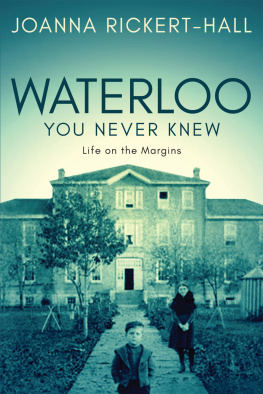
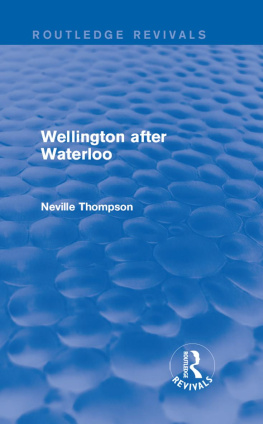

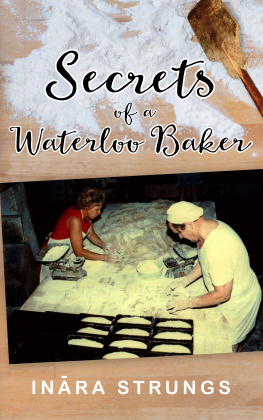
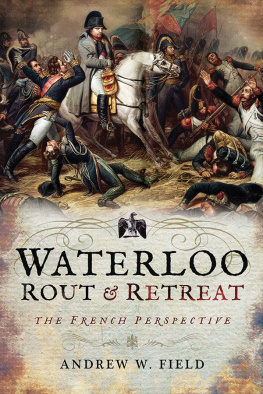


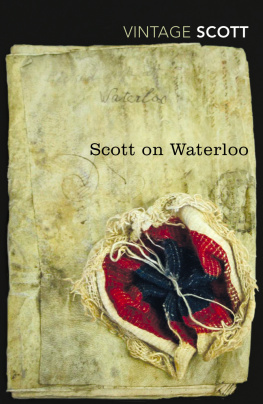
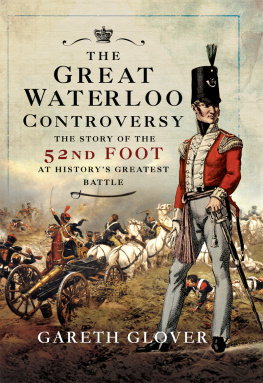






 dundurn.com
dundurn.com @dundurnpress
@dundurnpress dundurnpress
dundurnpress dundurnpress
dundurnpress